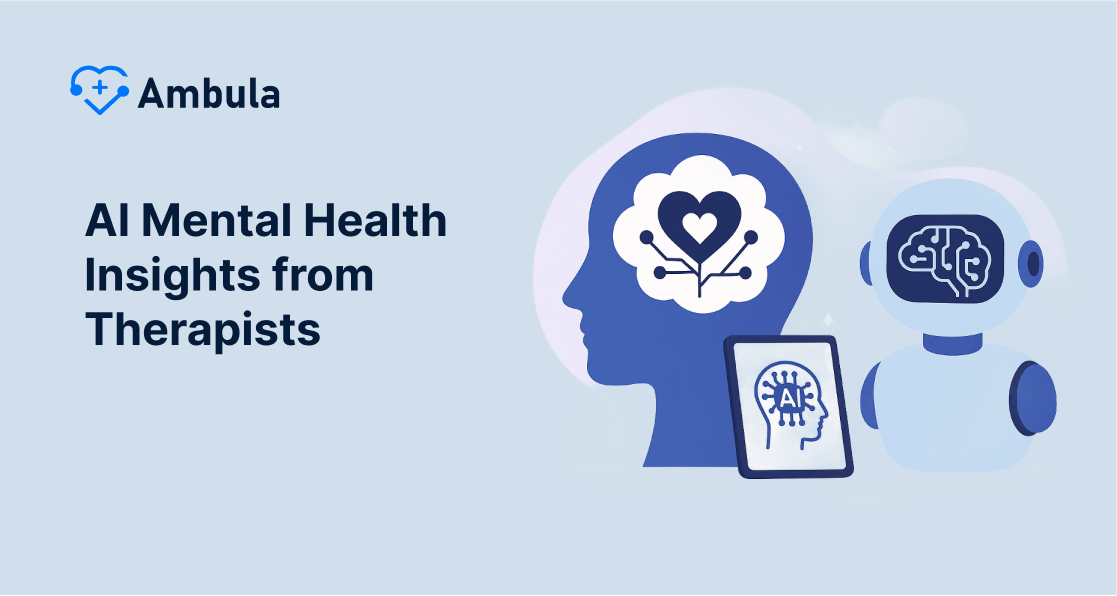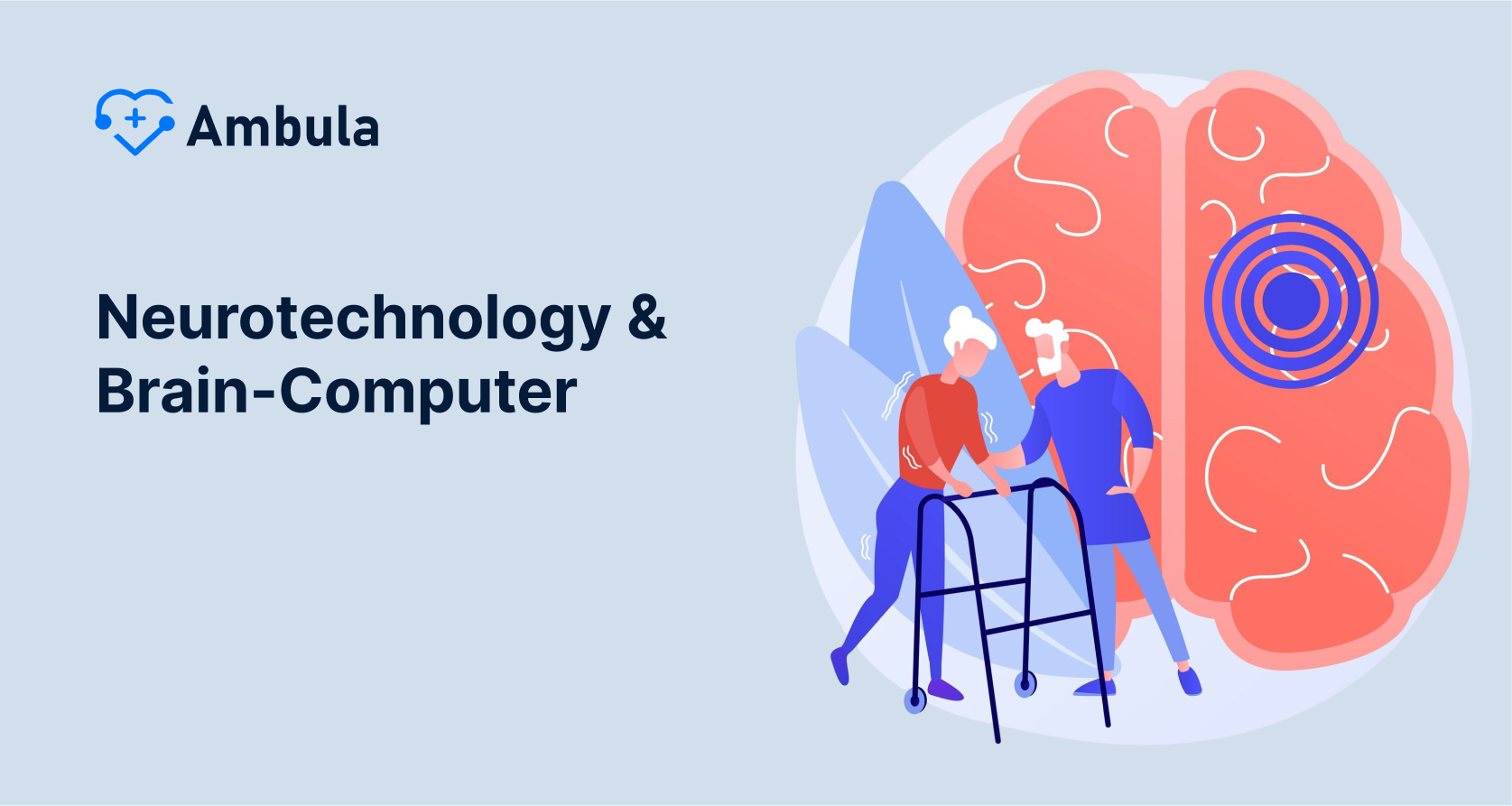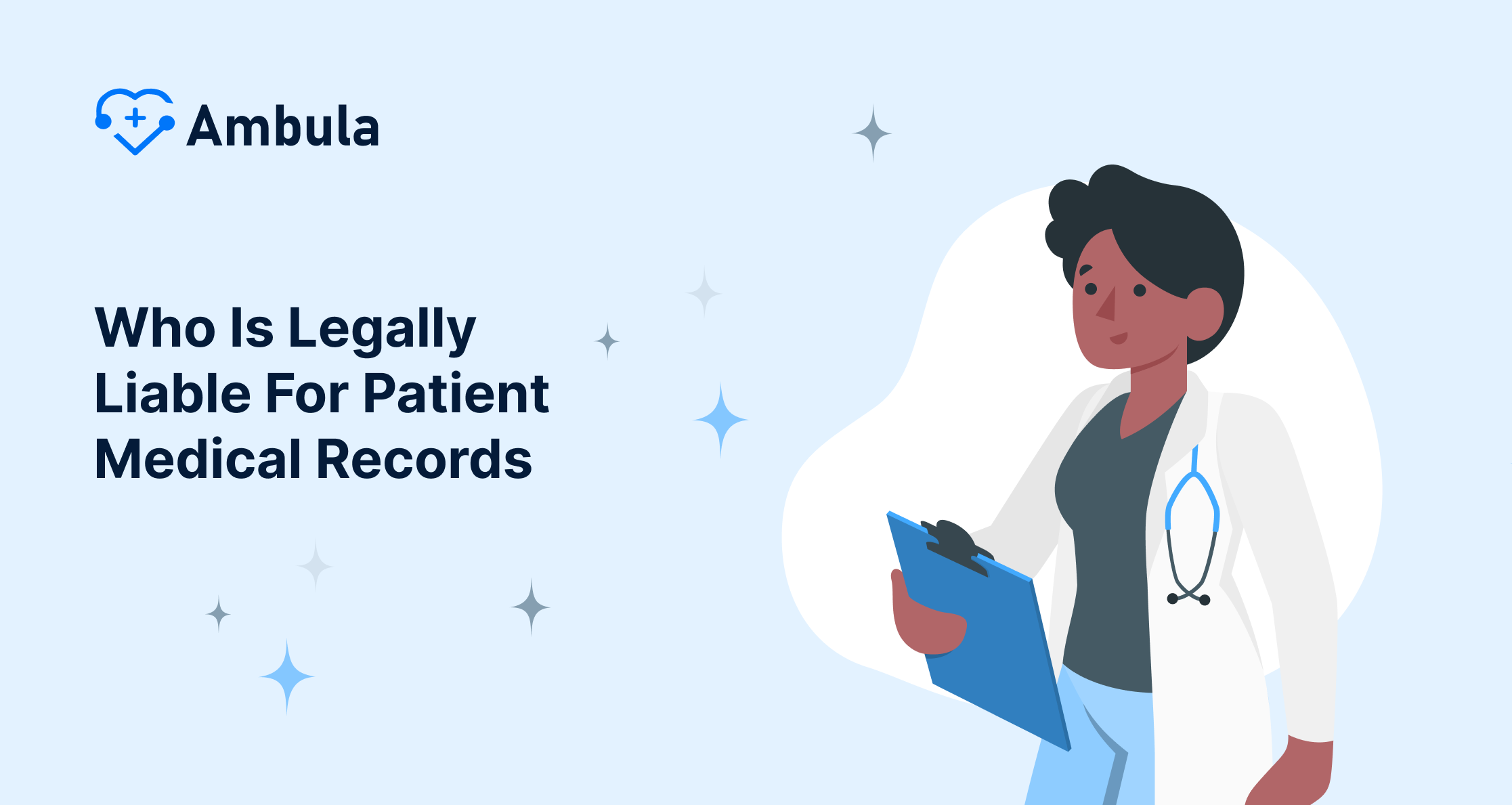The use of artificial intelligence in the medical field has created a lot of buzz and opinions. While AI’s ability to analyze medical data and suggest diagnoses accurately is impressive, it is important to understand that it is not a replacement for human doctors. AI can serve as a powerful complement to doctors, but it cannot replace the empathy, compassion, and intuition that come with a human touch. So, the fear of AI rendering doctors obsolete may not be entirely justified. Ultimately, it all comes down to how we use and integrate AI in healthcare.
AI technology has demonstrated remarkable capabilities in medical fields such as radiology and drug discovery. AI algorithms can scan millions of medical images in seconds with near-human accuracy, detecting subtle anomalies that even the most astute human eye could easily miss. In the same way, AI is making significant progress in other areas, such as drug discovery. By analyzing genetic data, it can identify potential drug targets more quickly and accurately than ever before. These achievements highlight the immense power of AI in analyzing data and drawing conclusions, which were traditionally considered the exclusive domain of human experts.
However, AI has its limitations. In complex and intricate cases, the human touch remains irreplaceable. A doctor’s ability to consider a patient’s unique medical history, family background, and emotional state alongside test results is essential for making accurate diagnoses and developing personalized treatment plans. AI, which relies solely on data, cannot often comprehend these intangible factors. As a result, it may arrive at incomplete diagnoses or incorrect conclusions.
Explore different perspectives
While researchers and innovators sing its praises for improving healthcare access and efficiency, doctors grapple with concerns about job displacement due to automation. But what about the patients caught in the middle? Let’s explore the diverse perspectives on this transformative technology and pave the way for a future of collaboration.
Doctors on the precipice
Imagine years of dedicated study and training, only to face the possibility of AI algorithms outperforming you in routine diagnoses. This is the chilling fear echoed by many doctors who see AI automation encroaching on their traditional roles. Their concerns are valid: repetitive tasks currently occupying a significant portion of their time could be readily handled by AI, potentially leading to job losses and a shift in the very nature of their profession.
Innovation takes the stage.
On the other side of the spectrum, researchers and innovators are brimming with enthusiasm. They envision AI revolutionizing healthcare by analyzing vast amounts of data to provide faster, more accurate diagnoses, predict disease outbreaks, and personalize treatment plans. AI-powered robots assisting in surgery, automated medication dispensing, and virtual assistants aiding in remote consultations are just a glimpse of the potential future they’re crafting. This translates to improved access to care, reduced wait times, and potentially lower healthcare costs, creating a win-win for patients and providers.
The patient’s perspective
Caught between the concerns of doctors and the promises of AI, patients yearn for a future that prioritizes both technological advancements and personalized care. While many welcome the prospect of AI-powered diagnostics and improved efficiency, the human touch remains crucial. Patients seek doctors who possess expertise and offer empathy, understanding, and the ability to address their individual needs and anxieties. The ideal scenario, therefore, lies in a harmonious blend of AI-backed efficiency and the irreplaceable human connection doctors offer.
From Diagnosis to Surgery
Artificial intelligence (AI) is no longer a futuristic dream; it’s quietly weaving itself into the fabric of healthcare, transforming workflows and impacting lives in remarkable ways. Let’s delve into some exciting existing applications of AI in healthcare:
Diagnostics:
- X-ray Vision: Imagine an AI system analyzing medical images with superhuman accuracy, pinpointing subtle anomalies that might elude even the keenest human eye. This is the reality in radiology, where AI algorithms trained on vast datasets aid doctors in early cancer detection, reducing missed diagnoses and paving the way for personalized treatment plans.
- Virtual Pathologist: AI analyzes tissue samples to detect diseases like cancer with impressive accuracy in pathology. This not only speeds up diagnosis but also frees up pathologists to focus on complex cases and research.
- AI-powered ECG analysis: Analyzing electrocardiograms (ECGs) can be time-consuming, but AI is stepping in to automate the process. Algorithms can accurately detect irregularities, helping doctors identify potential heart problems quickly and efficiently.
Drug Discovery:
- Sifting through the Molecular Maze: The traditional drug discovery process is slow and expensive. AI is accelerating this process by analyzing vast amounts of molecular data to identify potential drug targets and predict their effectiveness. This holds immense promise for faster development of life-saving medications.
- Repurposing Old Drugs: AI can analyze existing drugs and their interactions with various diseases, possibly repurposing them for new treatments. This can be a much faster and cheaper way to bring new treatments to patients.
Robotic Surgery:
- Robots with a Scalpel: Step into the operating room, where AI-powered robotic surgery robots assist surgeons with unparalleled precision and minimally invasive procedures. With tremor-free hands and enhanced visualization capabilities, these robots lead to faster recovery times and improved patient outcomes.
- AI-guided Procedures: In fields like neurosurgery, AI can analyze data from scans and MRIs to create 3D models of the brain, guiding surgeons with incredible accuracy during complex procedures.
Interviews with doctors using AI and their experiences.
Dr. Maria Garcia, Cardiologist
“AI-powered algorithms analyze ECGs and heart scans with impressive accuracy. This helps me identify potential risks early on, allowing for preventive measures and timely interventions. However, I’m cautious of overreliance. AI can’t capture the nuances of a patient’s medical history and physical examination, which are crucial for complete diagnoses.”
Dr. John Lee, General Practitioner
“AI chatbots are assisting with basic consultations and administrative tasks, freeing up my time for complex cases. They can answer common questions, schedule appointments, and even triage urgent cases. This improves efficiency and patient access to care, but I ensure the human touch remains central. After all, building trust and understanding a patient’s concerns requires a real person, not just an algorithm.”
Dr. Emily Chen, Surgeon
“AI-assisted robotic surgery offers incredible precision and minimally invasive procedures, leading to faster recovery. But it’s crucial to remember that the robot is a tool, not a replacement for a surgeon’s judgment and experience. I control the robot, guiding its movements and adapting to unexpected situations based on my real-time assessment.”
These diverse perspectives highlight the complex and multifaceted nature of AI in healthcare. It’s a powerful tool, but its true value lies in its ability to complement, not replace, the irreplaceable human touch of doctors. By fostering collaboration and addressing ethical concerns, we can harness the potential of AI to build a future of efficient and compassionate healthcare.
Human-centered approach
The complexity of human health often defies AI’s neat algorithms. Consider a patient with a rare condition or a unique set of symptoms. While AI can analyze vast datasets, it might lack the nuanced understanding and critical thinking skills to diagnose such cases accurately. A doctor’s years of experience, intuition, and ability to weigh multiple factors are invaluable in unraveling such medical mysteries.
Beyond diagnosis, treatment decisions often involve ethical considerations, personal values, and quality-of-life factors that go beyond the realm of data analysis. A doctor’s ability to engage in shared decision-making, considering the patient’s preferences and values alongside medical evidence, is crucial for ensuring treatment aligns with their wishes and priorities.
David Dranove, Professor of Health Industry Management, believes that most older adults today, and perhaps younger adults, still want to hear from a human being about their health. He says:
“There’s a need for compassion in communication that AI is unable to contribute. I think we’re going to see a patchwork quilt where AI gets implemented.”
This is not to say that AI is without its place in healthcare. Its ability to analyze data, identify patterns, and automate tasks can complement human expertise. Imagine AI algorithms sifting through mountains of medical literature, surfacing relevant research for doctors to consider, or AI-powered tools assisting in surgery with unparalleled precision. These applications can empower doctors, freeing up their time and energy to focus on the human aspects of care.
The future of healthcare lies not in a battle between humans and machines but in a synergy where AI augments human capabilities, not replaces them. By embracing both strengths, we can create an efficient, evidence-based healthcare system, and, most importantly, deeply human, ensuring that patients receive the best medical treatment and the compassionate care they deserve.
AI in Healthcare: A Global Landscape, Unevenly Painted
Adopting artificial intelligence (AI) in healthcare varies considerably across countries, and healthcare systems are influenced by a complex interplay of factors. Countries with greater financial resources often lead the charge in AI research and development, leading to earlier and wider adoption in their healthcare systems. Examples include the US, China, and Japan, which boast major investments in AI-powered diagnostics, drug discovery, and robotic surgery.
Here’s a glimpse into the diverse adoption landscape:
- US: A leader in AI research and development, the US boasts numerous AI applications in healthcare, from diagnostics to drug discovery. However, concerns about cost, data privacy, and equitable access remain challenges.
- China: Rapidly investing in AI, China focuses on developing AI-powered diagnostics and telemedicine solutions. However, ethical considerations and data security concerns require careful attention.
- Europe: Countries like the UK and Estonia actively implement national AI strategies in healthcare, emphasizing collaboration and ethical development. However, fragmented healthcare systems in some European countries pose integration challenges.
- Developing nations: While resource constraints and infrastructure limitations exist, some developing nations are exploring AI for early disease detection, remote healthcare delivery, and improving resource allocation.
The adoption of AI in healthcare is far from uniform. While some countries surge ahead, others navigate challenges and ethical considerations. By acknowledging these disparities and fostering international collaboration, we can ensure that AI serves as a force for good, delivering equitable and accessible healthcare across the globe.
As a final observation
The future of healthcare is reshaped by the powerful duo of artificial intelligence (AI) and human expertise. It’s not just a distant vision anymore, but a reality unfolding before us. However, the final form of this future won’t be solely dictated by technologists and policymakers.
Here’s how you can actively participate:
- Dive deep and stay informed: Curiosity is key. Learn about AI’s potential and limitations in healthcare, engage in meaningful discussions about its ethical implications, and stay updated on its evolution.
- Make your voice heard: Don’t be silent. Express your concerns and hopes to policymakers and healthcare providers regarding how AI should be implemented in your care. Advocate for transparency, inclusivity, and ethical development throughout the process.
- Demand accountability: Hold developers and healthcare institutions responsible for upholding ethical standards. Ensure AI tools serve the needs of patients, not just profit margins.
The future of healthcare is not set in stone. By actively engaging, advocating, and demanding inclusivity and ethical development, we can collectively ensure that AI empowers healthcare professionals, improves patient care, and ultimately benefits us all. Let’s work together to paint this global landscape with the vibrant colors of collaboration, compassion, and a future where technology enhances, not replaces, the human connection at the heart of healthcare.




